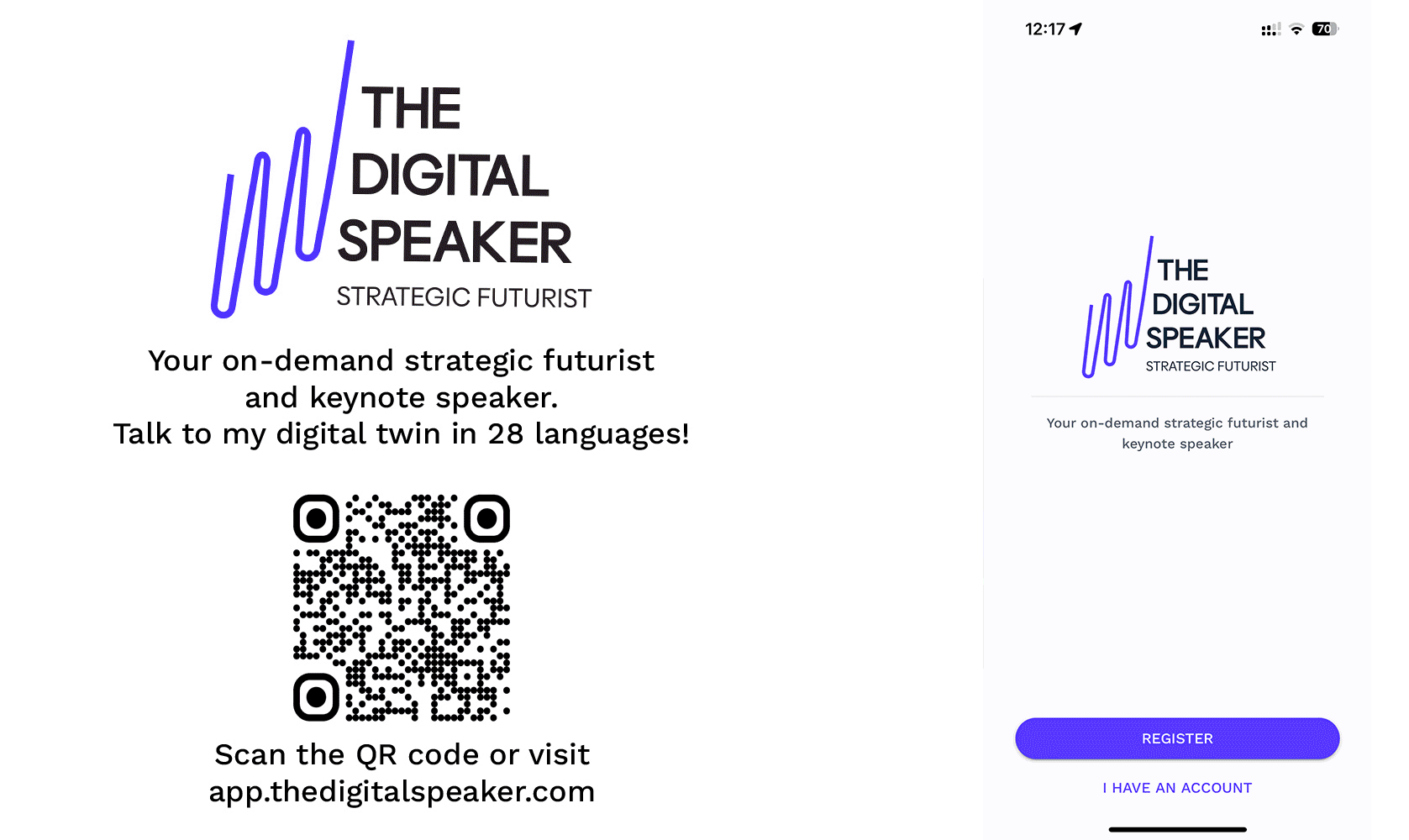Project Strawberry: OpenAI's Secret to Superhuman Reasoning

Is AI about to outthink us all? OpenAI's new project aims to do just that.
OpenAI is pushing the boundaries of artificial intelligence with a novel project known as "Strawberry." This initiative, shrouded in secrecy, aims to endow AI with advanced reasoning capabilities that far surpass current models. According to internal documents reviewed by Reuters, Strawberry is designed to enable AI not only to generate answers but to autonomously navigate the internet and perform intricate research tasks. This is a significant leap from existing AI models, which often falter when faced with common sense problems or multi-step reasoning tasks.
Strawberry represents a departure from traditional AI training methods. It employs "post-training" techniques, which involve refining pre-trained models to enhance their performance in specific areas. One source familiar with the project likened it to a method developed at Stanford known as the "Self-Taught Reasoner" (STaR). STaR allows AI models to iteratively improve their intelligence by generating their own training data, potentially enabling them to reach and exceed human-level reasoning.
The project's primary goal is to overcome the limitations of current AI, which struggles with tasks requiring long-term planning and complex problem-solving. OpenAI's internal documents reveal that Strawberry aims to achieve these capabilities by training AI on a specialized "deep-research" dataset. This dataset is designed to help AI models perform "long-horizon tasks" (LHT), which involve planning and executing a series of actions over extended periods. For instance, an AI could be tasked with conducting in-depth research on a scientific topic, autonomously browsing the web, and synthesizing its findings into coherent insights.
The potential applications of such advanced AI are vast. From making groundbreaking scientific discoveries to developing sophisticated software applications, the ability of AI to reason and plan ahead could revolutionize multiple fields. OpenAI envisions its models using these enhanced capabilities to perform tasks typically handled by software and machine learning engineers, thereby streamlining workflows and accelerating innovation.
However, the project's ambition is matched by its secrecy. Details about how Strawberry functions are closely guarded, even within OpenAI. The company's spokesperson confirmed that continuous research into new AI capabilities is standard practice but did not provide specific information about Strawberry. This veil of secrecy has fueled speculation and excitement within the AI community, with many researchers eager to see the project's outcomes.
Despite the optimism, the path to advanced AI reasoning is fraught with challenges. Critics argue that large language models (LLMs) are inherently limited in their ability to incorporate long-term planning and common sense reasoning. Yann LeCun, a prominent AI researcher at Meta, has frequently expressed skepticism about the potential of LLMs to achieve human-like reasoning. These differing viewpoints highlight the ongoing debate within the AI community about the future capabilities of AI models.
As OpenAI and other tech giants like Google, Meta, and Microsoft continue to experiment with advanced AI reasoning, the ethical and practical implications of these developments remain a crucial consideration. The prospect of AI models performing complex tasks autonomously raises questions about oversight, control, and the potential consequences of machines surpassing human intelligence in reasoning and problem-solving. How will society navigate these challenges while harnessing the transformative power of AI?
Read the full article on Reuters.
----
💡 If you enjoyed this content, be sure to download my new app for a unique experience beyond your traditional newsletter.
This is one of many short posts I share daily on my app, and you can have real-time insights, recommendations and conversations with my digital twin via text, audio or video in 28 languages! Go to my PWA at app.thedigitalspeaker.com and sign up to take our connection to the next level! 🚀

If you are interested in hiring me as your futurist and innovation speaker, feel free to complete the below form.
Thanks for your inquiry
We have sent you a copy of your request and we will be in touch within 24 hours on business days.
If you do not receive an email from us by then, please check your spam mailbox and whitelist email addresses from @thedigitalspeaker.com.
In the meantime, feel free to learn more about The Digital Speaker here.
Or read The Digital Speaker's latest articles here.





